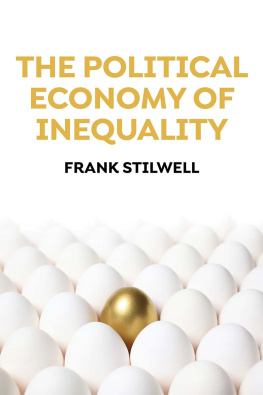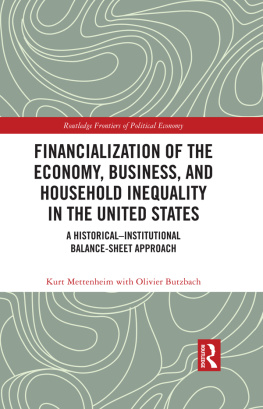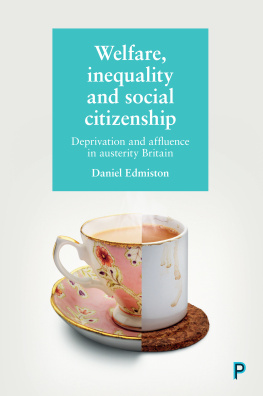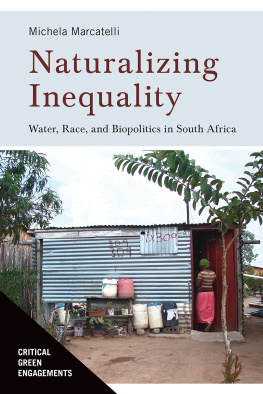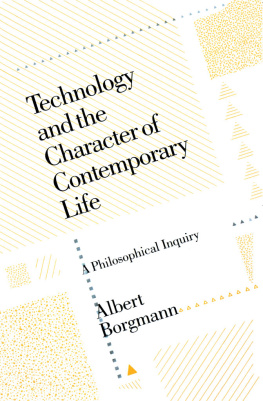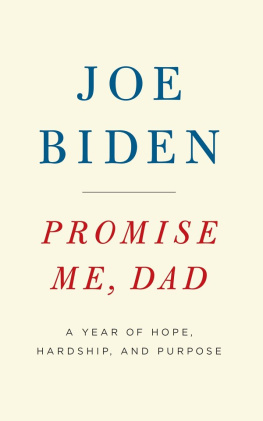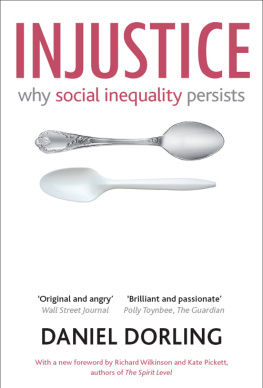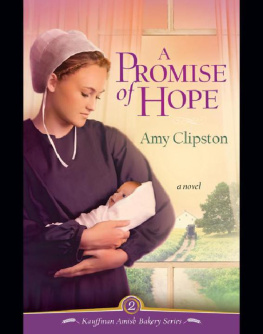Daniel Greene - The Promise of Access: Technology, Inequality, and the Political Economy of Hope
Here you can read online Daniel Greene - The Promise of Access: Technology, Inequality, and the Political Economy of Hope full text of the book (entire story) in english for free. Download pdf and epub, get meaning, cover and reviews about this ebook. publisher: MIT Press, genre: Politics. Description of the work, (preface) as well as reviews are available. Best literature library LitArk.com created for fans of good reading and offers a wide selection of genres:
Romance novel
Science fiction
Adventure
Detective
Science
History
Home and family
Prose
Art
Politics
Computer
Non-fiction
Religion
Business
Children
Humor
Choose a favorite category and find really read worthwhile books. Enjoy immersion in the world of imagination, feel the emotions of the characters or learn something new for yourself, make an fascinating discovery.

- Book:The Promise of Access: Technology, Inequality, and the Political Economy of Hope
- Author:
- Publisher:MIT Press
- Genre:
- Rating:4 / 5
- Favourites:Add to favourites
- Your mark:
- 80
- 1
- 2
- 3
- 4
- 5
The Promise of Access: Technology, Inequality, and the Political Economy of Hope: summary, description and annotation
We offer to read an annotation, description, summary or preface (depends on what the author of the book "The Promise of Access: Technology, Inequality, and the Political Economy of Hope" wrote himself). If you haven't found the necessary information about the book — write in the comments, we will try to find it.
The Promise of Access: Technology, Inequality, and the Political Economy of Hope — read online for free the complete book (whole text) full work
Below is the text of the book, divided by pages. System saving the place of the last page read, allows you to conveniently read the book "The Promise of Access: Technology, Inequality, and the Political Economy of Hope" online for free, without having to search again every time where you left off. Put a bookmark, and you can go to the page where you finished reading at any time.
Font size:
Interval:
Bookmark:
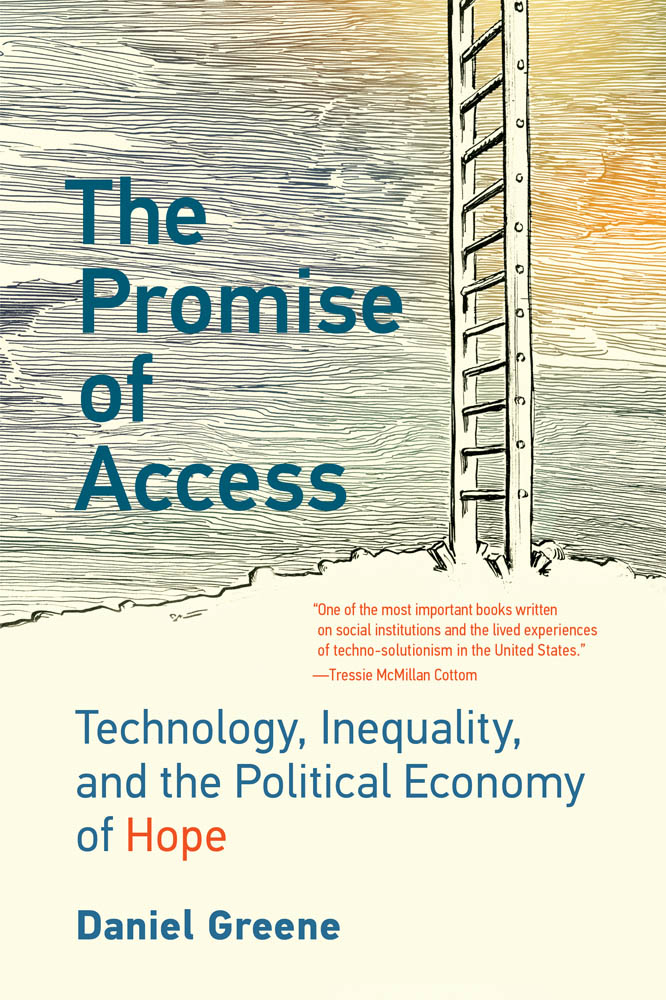
The Promise of Access
Technology, Inequality, and the Political Economy of Hope
Daniel Greene
The MIT Press
Cambridge, Massachusetts
London, England
2021 Massachusetts Institute of Technology
All rights reserved. No part of this book may be reproduced in any form by any electronic or mechanical means (including photocopying, recording, or information storage and retrieval) without permission in writing from the publisher.
An early version of Discovering the Divide: Technology and Poverty in the New Economy first appeared in the International Journal of Communication 10 (2016).
Library of Congress Cataloging-in-Publication Data
Names: Greene, Daniel, 1973- author.
Title: The promise of access : technology, inequality, and the political economy of hope / Daniel Greene.
Description: Cambridge, Massachusetts : The MIT Press, [2021] | Includes bibliographical references and index.
Identifiers: LCCN 2020025454 | ISBN 9780262542333 (paperback)
Subjects: LCSH: Digital divide--Washington (D.C.) | Computer literacy--Social aspects--Washington (D.C.) | Knowledge economy--Washington (D.C.) | Poverty--Washington (D.C.) | Technology and state--Washington (D.C.)
Classification: LCC HM851 .G7446 2021 | DDC 303.48/3309753--dc23
LC record available at https://lccn.loc.gov/2020025454
d_r0
List of Tables
Causes of bootstrapping
Competing institutional cultures
Ive got a really big team. And Im not much without them.
I must first thank my informants and everyone else who allowed me into their offices, labs, and lives in support of this project. Without their generosity, none of this would be possible. I owe special thanks to those generous people who not only welcomed me in, but provided feedback on this manuscript and its argument over the years: Shawn, Ebony, Beth, Catherine, Irene, Daniella, Grant, and Eugene. Donna Haraway (1997) tells us that ethnography is not so much a specific procedure in anthropology as it is a method of being at risk in the face of the practices and discourses into which one inquires (190). It is from my informants that I learned I was not studying the digital divide per se but the institutions managing it, ones in which I myself was deeply enmeshed. Tracking the hope that animates and renovates these institutions required deep questioning of my own professional and political identity. For that I will be eternally grateful.
This project emerged from my dissertation in American studies at the University of Maryland. The members of my committee each shaped this project and my thinking in their own way and so I thank Ira Chinoy, Sheri Parks, Jan Padios, Katie Shilton, and Jason Farman. Other mentors, inside and outside my American studies doctoral program, also provided invaluable support and perspective: Christina Hanhardt, Lisa Nakamura, Matt Kirschenbaum, Jessie Daniels, Alice Marwick, and Andr Brock. Without Patrick Grzankas friendship and encouragement, I doubt Id even have started graduate school, much less finished it.
Without my brothers, sisters, and comrades in the University of Marylands graduate workers union, or our allies in the staffs American Federation of State, County, and Municipal Employees (AFSCME) local or the undergraduates Student Labor Action Project, I wouldnt have been reminded of my priorities throughout the research for this project, nor would I have been able to recharge and apply myself to the things that I really want to make a career of: making our institutions work for everyone in them and making sure our students learning conditions dont suffer for our working conditions.
The Social Media Collective at Microsoft Research New England provided the best possible space in which this project and its author could mature. Many thanks to the generosity of Nancy Baym, Tarleton Gillespie, Mary Gray, Kate Crawford, danah boyd, and the other friends and mentors I met in that lab during my postdoc. Many thanks too to my brave coworkers in big tech, who, in the spring of 2018, rebelled against their employers, joined with the fighters at Color of Change and Mijente, and organized in defense of the people targeted by the surveillance and classification systems that Google, Microsoft, Amazon, and others built to help governments bomb or cage people. I did not believe such a thing was possible and I believe that you will win.
A wonderful network of wonderful people supported me and my work at important times, providing guidance, advice, and camaraderie as this book progressed. They include Daniel Joseph, Gavin Mueller, Deen Freelon, Ifeoma Ajunwa, Luke Stark, Anna Lauren Hoffman, Mike Casiano, Katy Pearce, Mary Flanagan, Meg Finn, Jessa Lingel, Nick Seaver, Tara McPherson, Miriam Posner, Simone Browne, Karen Gregory, Brooke Duffy, Douglas Williams, Joanna Pinto-Coehllo, Leslie Kay Jones, Shannon Mattern, Lilly Irani, and Steve Vallas. I would also thank the Relaxed Marxist Discussion Group for good conversation. Gita Manaktala is the best editor I could have asked for as a first-time author. Laura Portwood-Stacer and Sarah Hamid provided invaluable services in reviewing and preparing the manuscript. Special thanks are owed to those colleagues who provided feedback on the manuscript as it neared completion: Jen Jack Gieseking, Victor Ray, and Nick Seaver.
I write these acknowledgments as a pandemic sweeps the world. This is ultimately a book about care, about making a living and making lives. The biggest thanks are due to my daughter, Eliza: care is a promise, for a world well build together. And to my partner, Annie, who continues to care for families and children no matter what and who has taught me more about this fight than anyone else.
In 2013, a series of posters started appearing across Washington, DC. Each one declared The Internet: Your Future Depends on It, next to a photo of a Black Washingtonian. Sean earned an advanced certification in six months. Now he upgrades computer systems for the US Small Business Administration. He uses technology to help people start businesses. So can you. They looked ahead to their new future, smiling. Fabiane learned Microsoft Office in eight weeks and used her new skills to write, design, and publish her first book. Shes using technology to pursue her dreams. So can you.
They told their stories about using digital training resources provided by Connect.DCthe DC municipal governments technological assistance programto get to that future. These skills and tools led to better jobs, ones in which you dont work with your hands. Selinas computer certifications helped her get a job with the federal governmentafter spending 20 years as a beautician. She used technology to change careers. The jobs were often in the federal government, which was not surprising. DC remains a company town in many ways. Federal employment is the foundation of the regional labor market (Office of Revenue Analysis 2017), and of the regions Black middle class (Lacy 2007). But any regional labor market is vulnerable when it depends on a lone employer, especially one with a budget thats constantly under attack. Unsurprisingly, the DC municipal government has long sought to lessen the citys reliance on federal employment.
These posters built a link between individual skills training and the citys economic growth. The rewards were bigger than any one persons career. It was not just a matter of bringing single individuals across a
Font size:
Interval:
Bookmark:
Similar books «The Promise of Access: Technology, Inequality, and the Political Economy of Hope»
Look at similar books to The Promise of Access: Technology, Inequality, and the Political Economy of Hope. We have selected literature similar in name and meaning in the hope of providing readers with more options to find new, interesting, not yet read works.
Discussion, reviews of the book The Promise of Access: Technology, Inequality, and the Political Economy of Hope and just readers' own opinions. Leave your comments, write what you think about the work, its meaning or the main characters. Specify what exactly you liked and what you didn't like, and why you think so.



